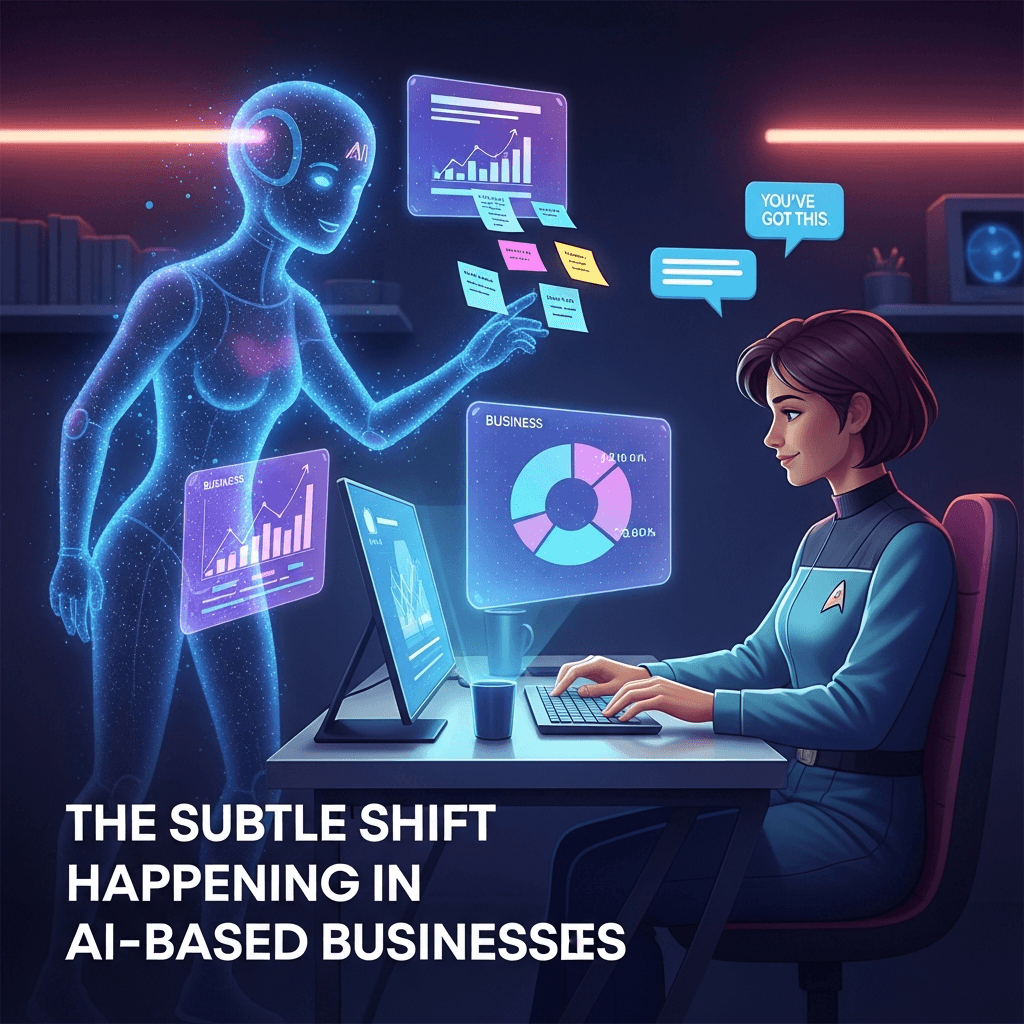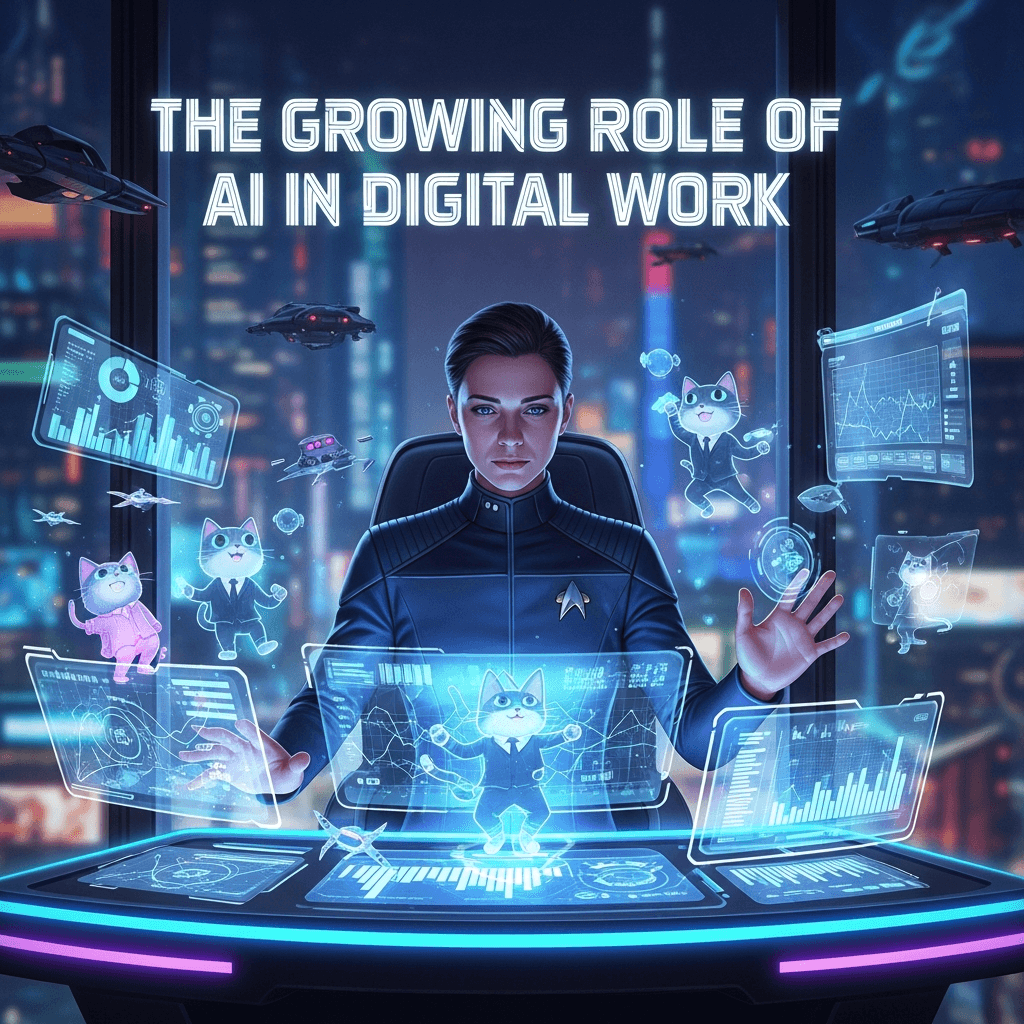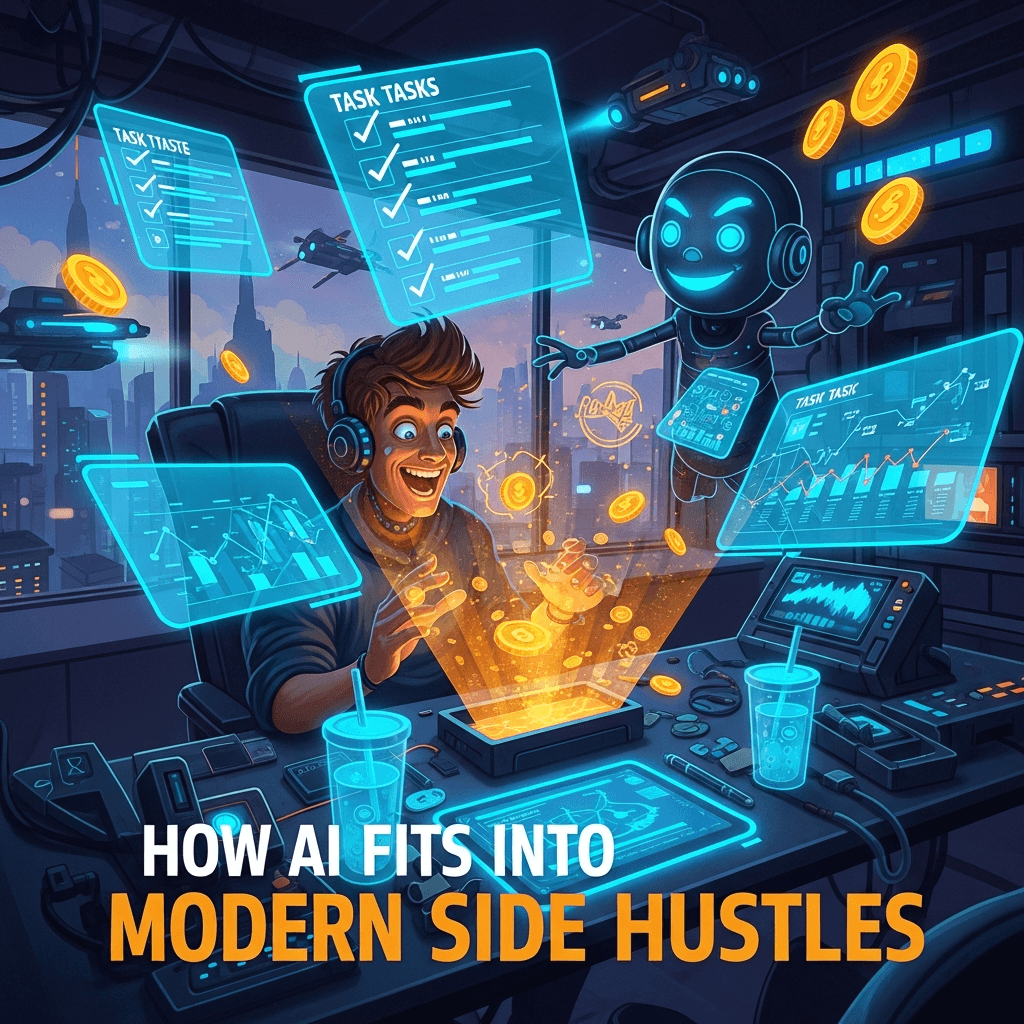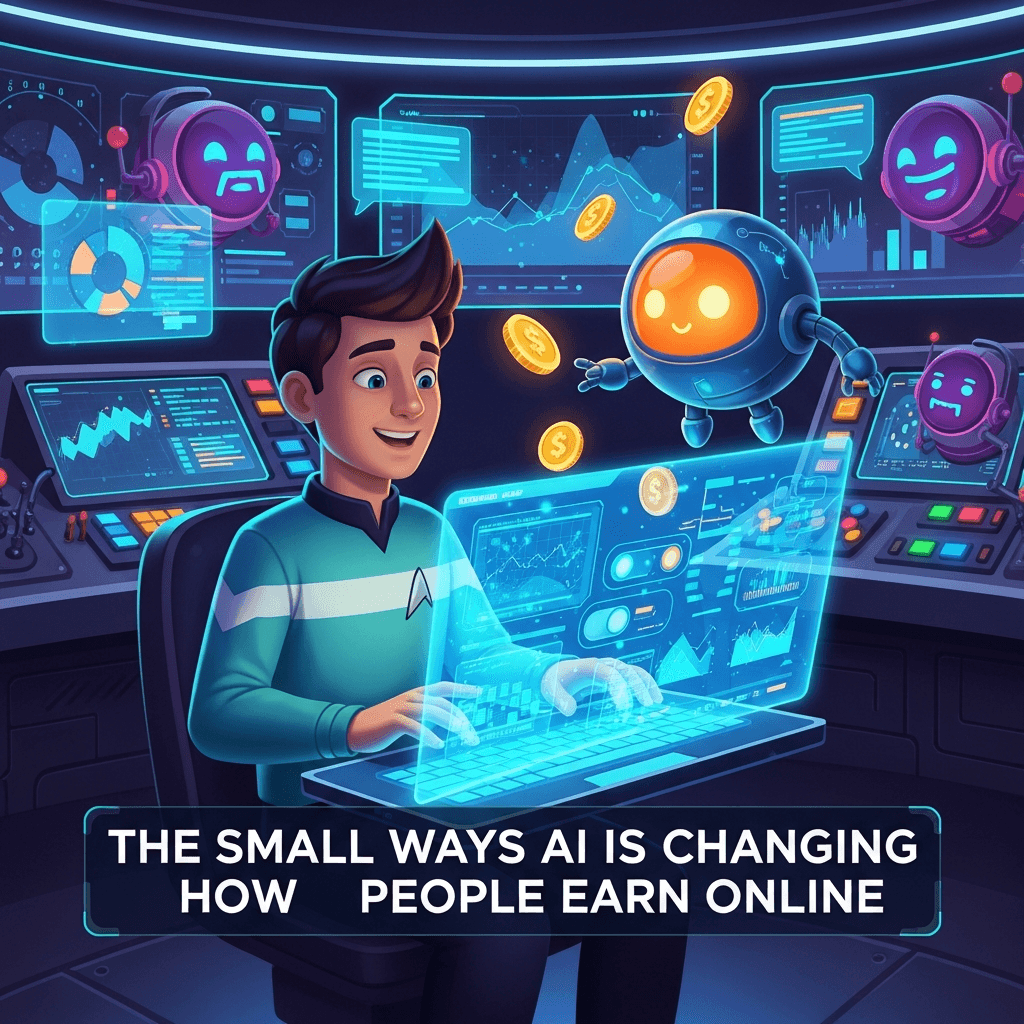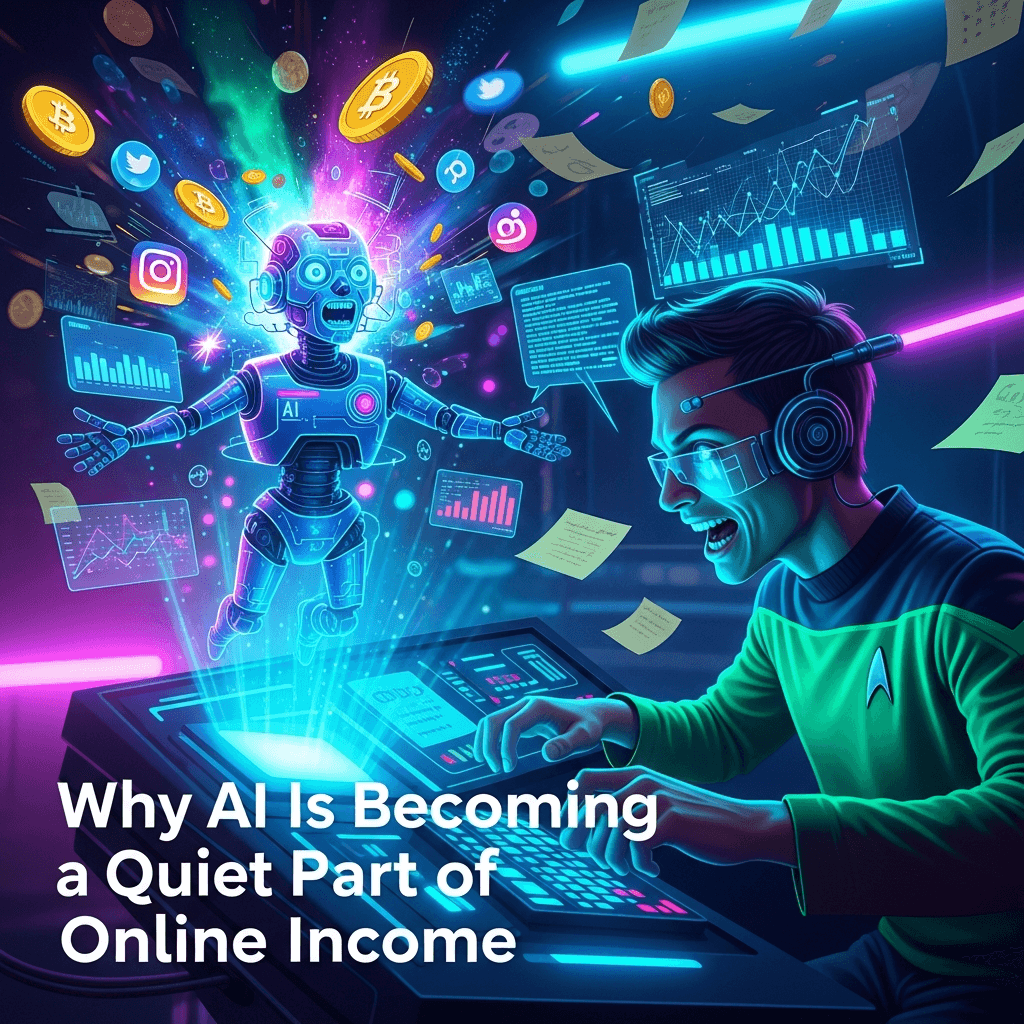Banks, hedge funds, and even personal finance apps are turning to AI to predict markets, approve loans, and manage investments. It sounds like the future of money management. But here’s the catch: AI doesn’t always play fair, and when it screws up, it’s your wallet on the line. Is AI making finance smarter—or just stacking the deck?
Introduction
Ever feel like Wall Street always has the upper hand? Well, they do—and now AI is their secret weapon. From algorithms that trade stocks in milliseconds to apps that judge if you’re “worthy” of a loan, AI is everywhere in finance. But before you hand over your money, let’s talk about who really wins.
How AI Runs the Money Game
- Algorithmic trading: AI bots make trades faster than any human can blink.
- Credit scoring: AI decides who gets a loan, mortgage, or credit card.
- Fraud detection: AI monitors your purchases for suspicious activity.
- Robo-advisors: AI invests your savings in “smart” portfolios.
It’s efficient, powerful, and yes—kind of terrifying.
The Upside of AI in Finance
- Faster fraud alerts: Your bank freezes a stolen card before you even notice.
- Smarter investments: AI crunches endless data to find opportunities.
- Accessibility: Everyday people can get financial advice without hiring a $500/hour consultant.
- Efficiency: Banks save costs, which theoretically benefits customers.
On paper, it’s a win-win.
The Dark Side Nobody Talks About
But let’s be real—finance has always been tilted in favor of the big players. And AI makes that gap wider.
- Algorithmic bias: Some AIs deny loans unfairly based on race, gender, or zip code.
- Flash crashes: Trading bots can tank the market in minutes if they spiral out of control.
- Opaque decisions: Try asking why your loan was denied—you’ll get “computer says no.”
- Unfair advantage: Hedge funds with billion-dollar AIs can outsmart small investors every time.
Basically, the house has new weapons, and the little guy pays the price.
Real-Life Screw-Ups
- AI-driven flash crashes have wiped billions off the stock market in seconds.
- Minority applicants denied loans at higher rates due to biased AI scoring.
- Ordinary investors left behind because their apps can’t keep up with Wall Street’s AI.
Why This Affects Everyone
Even if you’re not trading stocks, AI touches your financial life—your mortgage, your savings, your credit card. And when AI makes a bad call, it’s not the banks who suffer. It’s you.
What You Can Do
- Don’t blindly trust robo-advisors: Do your homework.
- Push for transparency: Demand clear reasons for AI-driven financial decisions.
- Diversify: Don’t rely 100% on automated systems.
- Stay skeptical: If something sounds “too smart to fail,” it probably isn’t.
Bottom Line
AI in finance could make money management fairer, smarter, and safer. But right now? It mostly gives the big players a sharper edge while the rest of us scramble to keep up. In the end, AI might not rig the game—but it definitely changes the rules.


